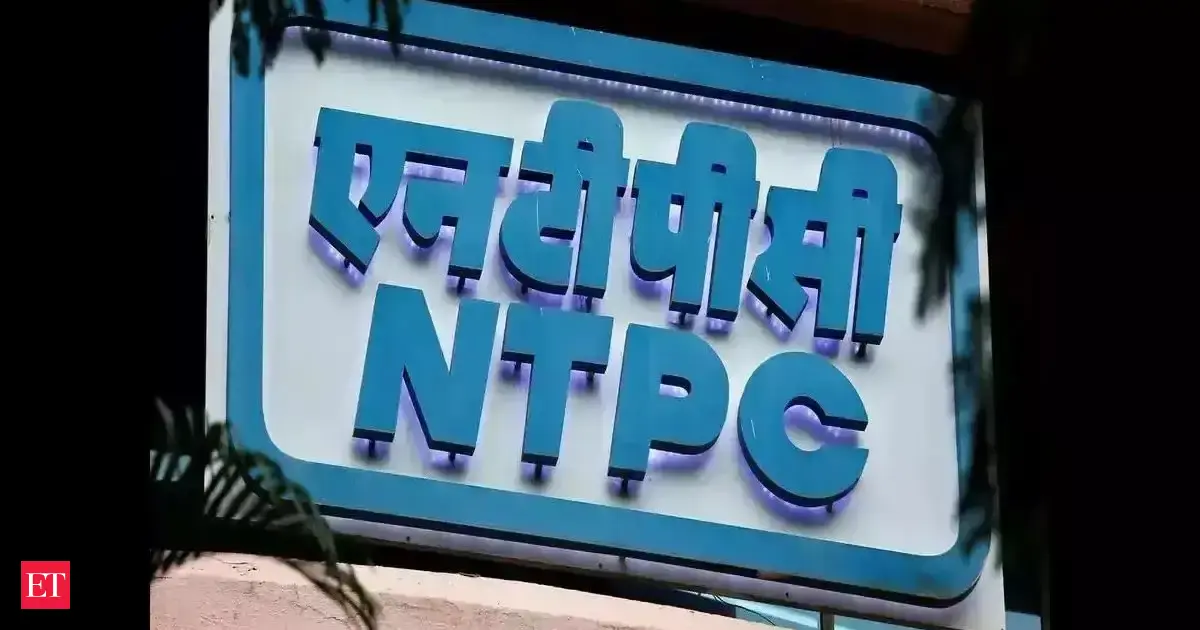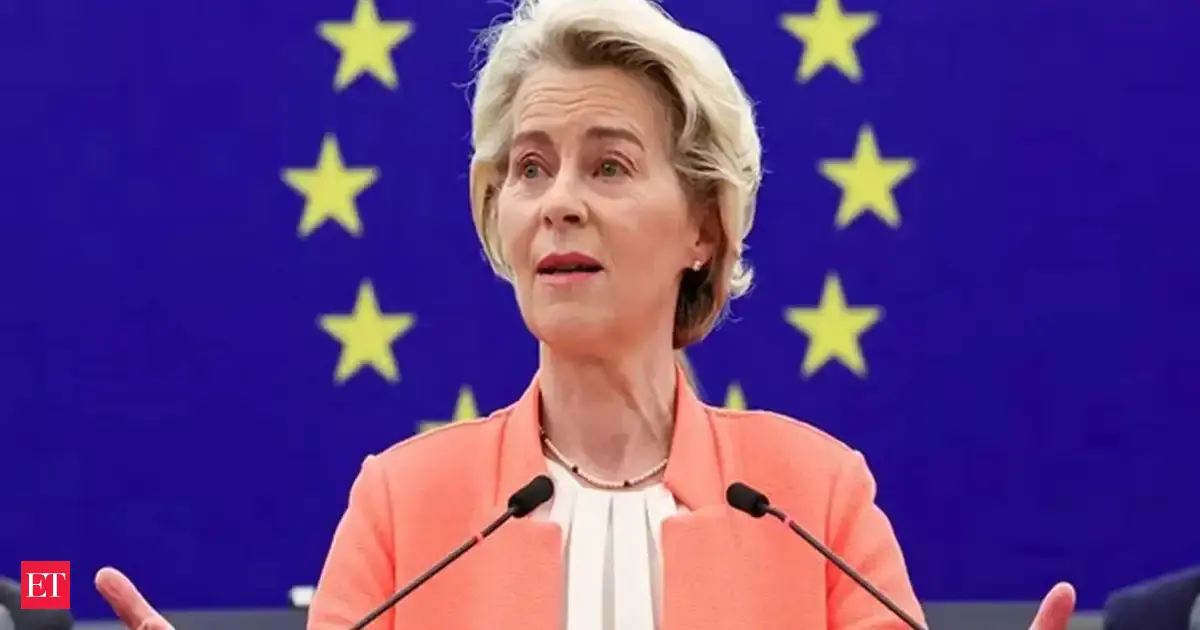By Mini Tejaswi
Copyright thehindu

U.S. President Donald Trump’s proclamation to raise H-1B visa fees to $100,000 annually on Friday came as a rude shock to a techie couple from Bengaluru, now based in California, one employed with an American company and the other with an Indian company.
“Will our companies cough up so much year after year to retain us in the U.S.? Can we pay this money ourselves? No way,” said the apprehensive woman techie, who did nto wish to be named. “Life has been really tough since January. We have been living under uncertainty and fear already. We don’t feel we are in America anymore.”
Many from Karnataka
This, they said, is a pervasive feeling among some 3,00,000 Indian tech workers deployed by various enterprises across the U.S, holding H1-B visas. Karnataka, being the tech flagbearer of India, has some 1,25,000 tech workers employed onsite in the US.
Avinash Vashistha, chairman and CEO, Tholons, a GCC Consulting and IT Services Firm, said, the increase in the H-1B visa fee is a major policy change that will have significant consequences for the global IT industry. “This will force a major shift in how companies, both in the U.S. and India, manage their talent,’‘ Mr. Vashistha told The Hindu.
The fee makes it economically unviable to continue deploying highly paid Indian talent in the U.S. This is despite the fact that 78% of the top-earning H-1B visa holders (making over $1 million annually) are from India.
“Since 60% of them earn less than $100,000 per year, the visa fee will now equal or exceed their annual salary, making their continued employment in the U.S. economically unfeasible,’‘ he added.
Some Indian H1-B holders told The Hindu that their employers in India have reached out to them and asked them not to venture into work until some clarity emerged on the current development. And, this certainly would lead to an acceleration in reshoring to India.
B.S. Murthy, CEO, Leadership Capital, called this “a global reset” and said it will also impact American students going to the US for a Master’s degree. Ram Prasad Moudgalya, Industry leader and angel investor, said, Trump’s move would further speed up AI adoption as companies grapple with the potential lack of availability of talent. “For India, this is time for reverse brain drain,” he added.
GCC ecosystems
Mr. Vashistha also said the situation would signal a shift in corporate strategy within America as U.S. companies were the major beneficiaries of H-1B visa and firms such as Amazon and Microsoft, and others were likely to expand their Global Capability Centers (GCCs) and R&D facilities in India. This could mean for India a gain of high-skilled jobs and innovation, he elaborated.
Kamal Karanth, Co-founder, Xpheno, said the proposed hike in H1B visa fees was not a surprise, and IT services companies have been preparing for such developments. Over the last six months, many of them have either nominated or hired new GCC heads to capitalize on the GCC route for business.
“While higher visa costs could slow down onsite hiring, it will only accelerate the offshoring momentum. We expect MNCs to increase their reliance on GCCs and IT services firms in India, which remain a cost-effective option even after factoring in a 25% cess,” he opined.
Nasscom reacts
Reacting to White House proclamation, industry apex body Nasscom said, “While we are reviewing the finer details of the order, adjustments of this nature can potentially have ripple effects on America’s innovation ecosystem and the wider job economy.”
India’s technology services companies would also be impacted as business continuity would be disrupted for onshore projects which may require adjustments, Nasscom said adding, companies would work closely with clients to adapt and manage transitions.
“However, it is important to note that India and India-centric companies have been steadily reducing their reliance on these visas through increased local hiring in recent years,’‘ said Nascom.



